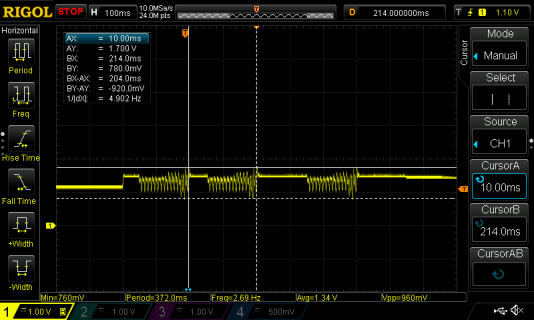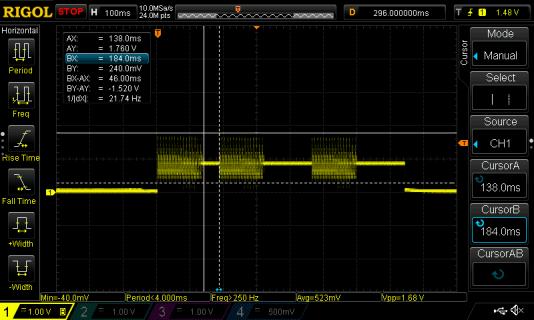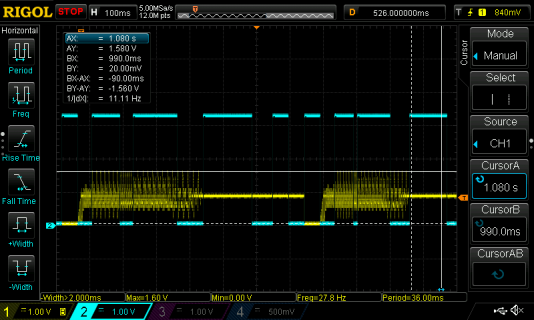I enjoyed playing with the Talkie Library that was ported to Teensy awhile back but it has the limitation of a limited vocabulary (recorded phrases). There is another library that provides an unlimited vocabulary, albeit using a much more robotic voice and the requirement of an RC (resistor/capacitor) filter for the audio.
https://github.com/jscrane/TTS
It makes heavy use of Timer1 on Arduino, which is foreign to me. I wonder if anyone has time and interest to take a stab at porting it to Teensy/IntervalTimer/DAC? Further, I wonder if the Audio Library could be used to replace the RC filter?
https://github.com/jscrane/TTS
It makes heavy use of Timer1 on Arduino, which is foreign to me. I wonder if anyone has time and interest to take a stab at porting it to Teensy/IntervalTimer/DAC? Further, I wonder if the Audio Library could be used to replace the RC filter?




